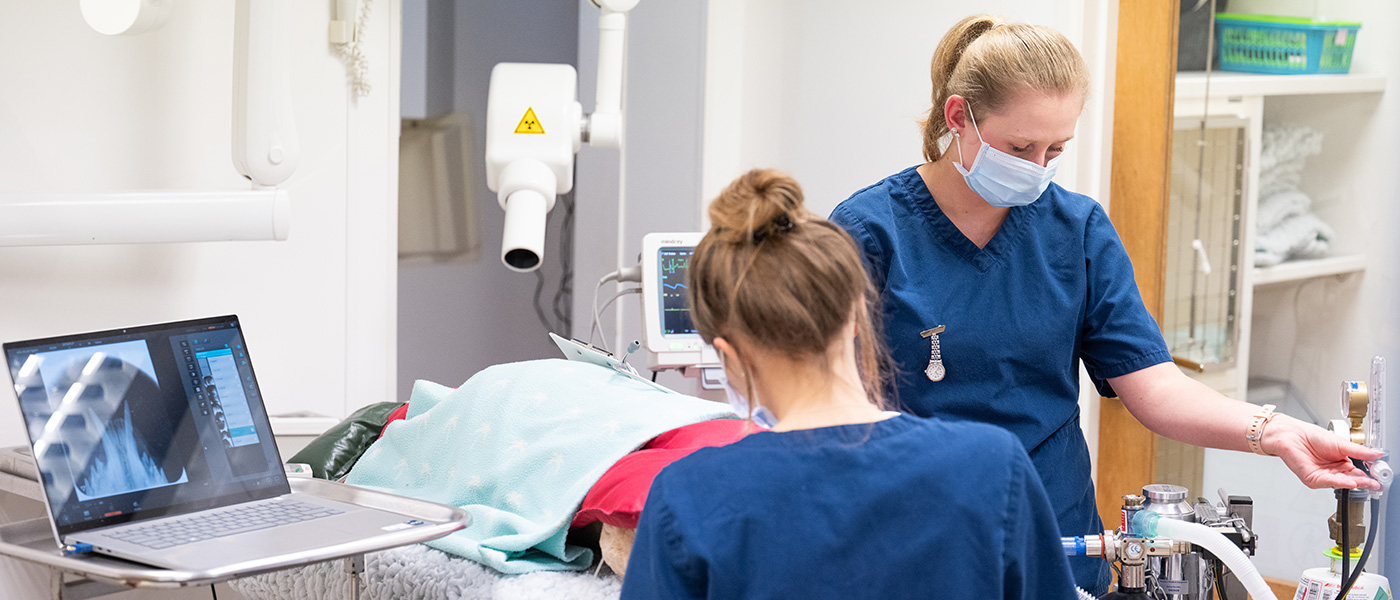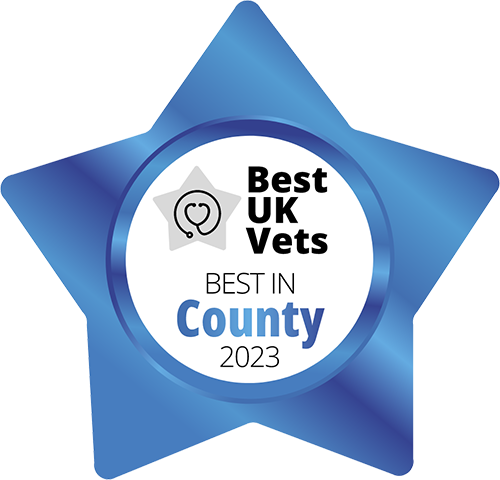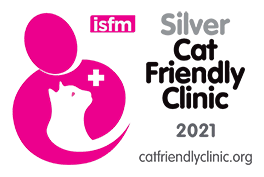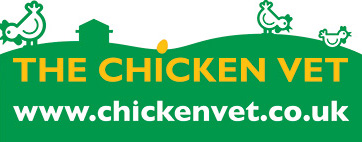Pre Operative Care Information
We understand that bringing your pet to us for any procedure is a worrying time for you.
We hope that this pre operative information will help you and your pet to feel relaxed. While no procedure or anaesthetic can ever be guaranteed to be totally safe, by following these instructions you can help us to make your pet’s visit as smooth as possible.
Please do not feed dogs and cats after 11.00pm the night before the procedure. Please feed a little supper around 10.00pm. Water should be left available at all times, including the morning.
If your pet has any dietary requirements please bring a small portion of their normal food for them to eat after the procedure. Please keep cats indoors over night to prevent wildlife snacking!
Rabbits and Guinea pigs do not need their food and water to be witheld at all. Please bring their usual food and water bowls and a sample of their usual food with them. It is essential that they eat soon after recovery and this can help them do so.
You will receive a consent form via email the day before the procedure. Please read this carfeully and make sure you are happy with everything before signing.
Please take your dog for a walk before bringing them in to allow them to relieve themselves. They are also more likely to relax if they have had some excercise.
Please try and keep your dog clean and dry.
To help your cat feel less stressed with the process of coming to the vets, calming pheromone spray such as “Feliway” can be sprayed on the car seats, carrier and bedding at least 45 minutes before the cat is placed in the carrier. It is also ideal to aclimatise your cat to the carrier for a few days/weeks prior to the appointment by leaving it accessible in the house, sprayed with feliway and treats inside.
You will be given an admission appointment with a nurse on the day of your procedure. The nurse will go through the consent form to make sure you understand the procedure to be performed and that you are happy with everything. Please do not hesitate to ask any questions you have.
For some pets (over 8 years old or those with previous or ongoing health conditions) we may recommend that a blood test is runprior to anaesthesia. This will help to detect any underlying problems such as liver or kidney disease, diabetes or anaemia which could affect the safety of the anaesthetic.
We also generally recommend that your pet is placed on an intravenous drip to support the body throughout the anaesthetic. This may not be required for every pet. Please feel free to discuss this further with the nurse at admission.
Recovery time from sedation or anesthesia can vary between animals. We will only send your pet home when they are fully recovered from the main affects of the drugs and when we are happy that their pain levels are under control. Most animals will be a little quiet on the evening of the procedure. They may seem slightly dysphoric( not acting normally, restless or whinning) this is a side effect of some of the opioid drugs we use to control their pain and should have worn off by the next day. Please do not hesitate to contact us if you have any concerns over these side effects.
Most procedures will involve some fur being shaved, either just on a leg (for an intravenous catheter) or a wider area for a scan or surgical procedure.
Certain breeds of dog (bulldogs, Pugs, Boxers, Shih Tzu etc) have a higher anaesthetic complication rate due to their body conformation. This can include airway compromise and increased risk of stomach fluid regurgitation during/after anaesthetic.
These breeds required additional medication, support and monitoring throughout their procedure. There is a small additional charge to cover this if your pet is felt to be a higher risk anaesthetic candidate. The nurse will discuss this with you on admission.
We will contact you during the day to update you on how your pet is, to discuss the procedure/findings and to arrange collection.
Please leave a contact number which will allow us to reach you at any time.
We will give you a tin of convalescent food to feed your pet in the evening. It is palatable and easily digestable food (anaesthetics can sometimes disrupt normal gut function). Normal feeding can be resumed the following day unless otherwise instructed.
If your pet requires medication the nurse will go through the instructions with you at discharge. You will also receive an email with discharge information and instructions.
We will ask you to book post op checks for 2-3 days and 10 days after the procedure day. These are to make sure that your pet is recovering well and that their wounds are healing without concern. The cost of these are usually incorporated into the fees on the day of the procedure.
If your pet is already on medication then please continue to take this as normal prior to the procedure, unless you have been advised otherwise.
If your pet is due medication on the morning of the procedure please contact us for advice.
If your pet is diabetic please contact us for instructions on feeding and insulin administration on the day of the procedure.
Please do not hestitate to contact us with any concerns or worries. We look forward to having your pet stay with us.




